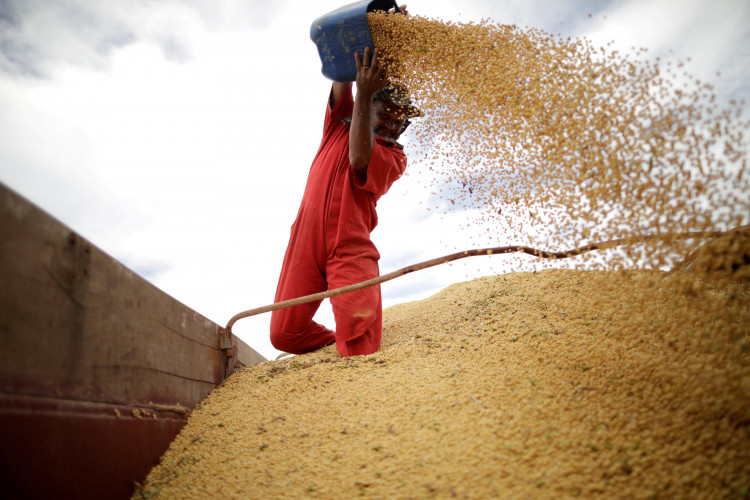China is reportedly making plans to confirm its decision of buying soybeans again from the United States, with most of its imports to be designated for state reserves, Bloomberg exclusively reported.
The green light would come from the State Council, according to people familiar with the matter who spoke with Bloomberg. The council will decide if its first purchase since the China-US trade war will involve 5 million tons or 8 million tons. The decision will also involve whether businesses could purchase an additional 2 tons, the people revealed.
The report emerged as Chinese President Xi Jinping and US President Donald Trump agreed on a 90-day truce at a working dinner after the G20 summit in Beijing. Subsequent official statement from the White House said the two parties agreed to implement the arrangements immediately. The two powerhouses also agreed to reach concessions on deals involving agriculture, transfer of technology and security issues on IP addresses.
In spite of these developments, however, Cargill Inc believed that the United States has already missed its ultimate chance to grab the Chinese market for soybeans.
When Trump launched his strong rhetoric against trading with China early this year, Chinese imports of US soybeans had already dropped 95 percent by October. Bloomberg, in a separate report, noted that even if tariffs were halted, China had already started looking to other markets for its soy imports, particularly soybeans from South America.
In November, China's import of US soybeans dropped 38 percent to 5.38 million tons. This was the lowest number in two years, Reuters said.
Indeed, a report from Reuters said Chinese customs had given the green light to import rapeseed meal from Kazakhstan that produced 85,000 tons from 2017 to 2018.
The decision to import rapeseed meal from the Central Asian nation was an indication that the Asian powerhouse had looked for ways to expand its options for sourcing protein for animal feeds - a move that could also indicate that China is slowly reducing its reliance in the United States for its soybeans purchase.
The United States used to be China's second largest suppliers of soybeans, an important source of protein for the Asian country to feed its big livestock industry.
The country had also lifted its ban on rapeseed imported from India. Furthermore, market analysts were projecting that China will likely be more inclined to sourced soybeans from Brazil which set to achieve record high harvest in December.






